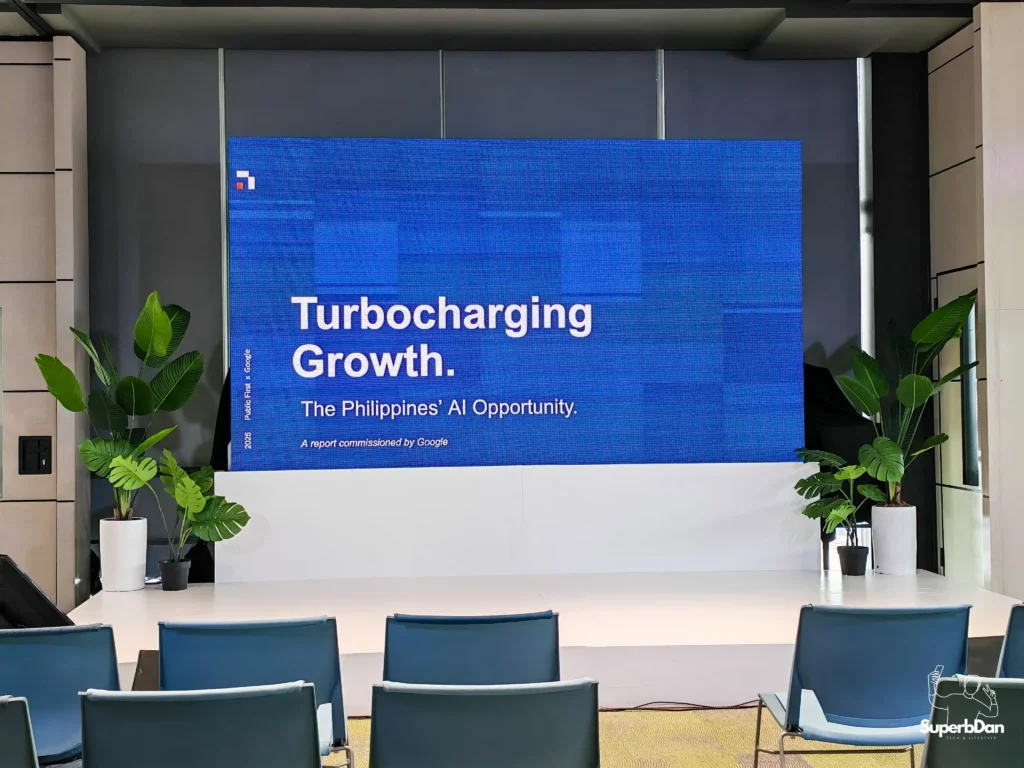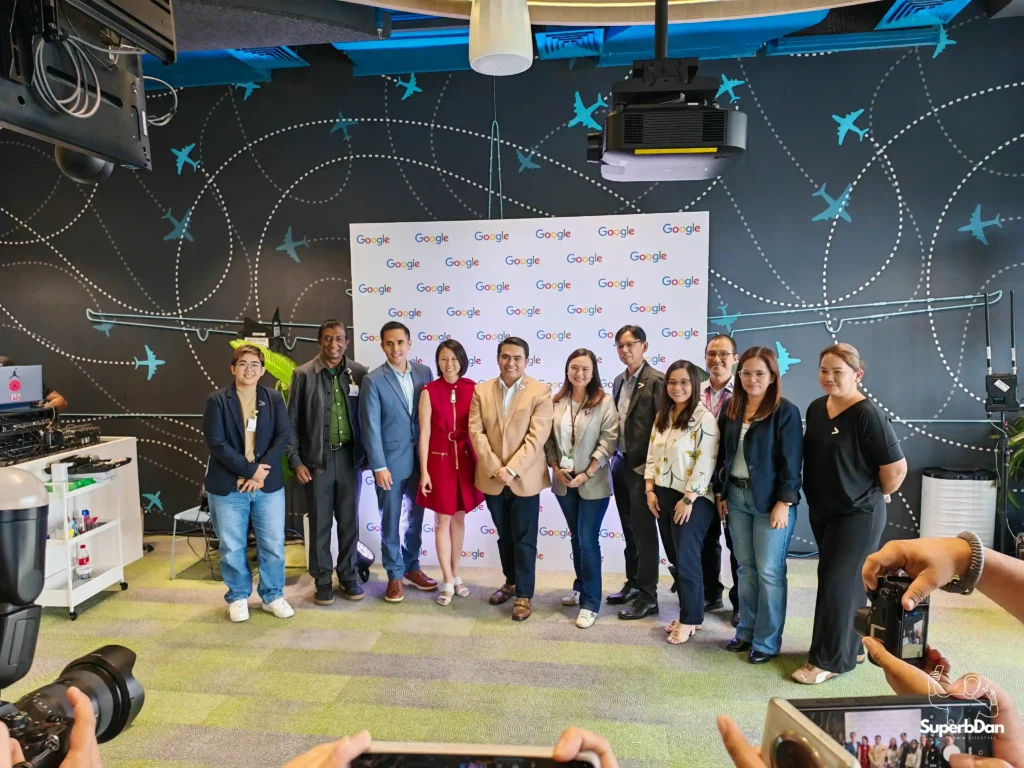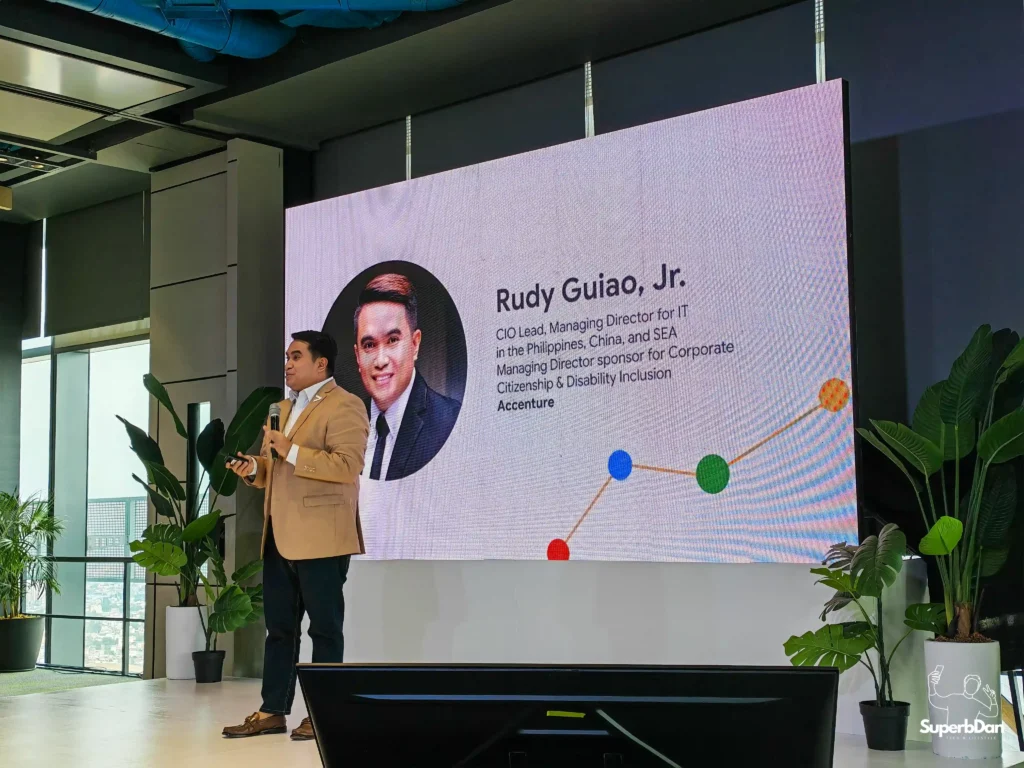The Philippines may be entering a new tech-driven chapter, with artificial intelligence expected to play a major role in the country’s growth.
A recent report from London-based research group Public First estimates that AI could eventually contribute about PHP 1.8 trillion, or roughly USD 31 billion, to the local economy. That increase would represent around 7 percent of the nation’s gross value added, a key measure of productivity.

AI could boost the Philippine economy by P1.8 trillion, study shows
The report today, titled Turbocharging Growth: The Philippines’ AI Opportunity, notes that AI has already found its way into the daily lives of many Filipinos. About half of the population uses AI tools at least once a week, from chat assistants to image generation apps.
There is also a generally positive view toward the technology. Around 46 percent of Filipinos believe AI will benefit the country, while half think it could improve their own personal lives.
Public First’s research suggests AI could make work more efficient for over a third of the Philippine workforce. It could save employees up to three hours each week on routine tasks, such as administrative work. That extra time could translate into wage increases of more than 6 percent and productivity gains of about PHP 110,000 per worker every year.
Some industries are expected to see the biggest benefits. Wholesale and retail could grow by PHP 410 billion, finance and insurance may add PHP 300 billion, and public administration and defense could increase by more than PHP 100 billion.

The report also explores AI’s potential beyond the economy. It estimates that better use of AI could reduce the costs of cybersecurity threats by half, saving around PHP 180 billion. In agriculture, AI-driven precision farming and early pest detection could add PHP 120 billion in productivity by 2035.
With new opportunities come new kinds of jobs, particularly in managing AI systems and performing more complex, higher-value work. The report found that 90 percent of workers are interested in training to understand AI models better.
Google says it is working with public and private partners to prepare Filipinos for this shift. The company has been offering Google Career Certificates, including an AI Essentials course, to government employees, industry workers, and various stakeholders.
“AI is more than just a buzzword; it’s a powerful tool that can help every Filipino, from students to parents to business owners, thrive in a rapidly changing world,” said Gabby Roxas, Country Marketing Manager for Google Philippines and Vietnam. “This report gives us a clear picture of what’s possible, and it’s up to all of us to ensure we have the skills needed to seize this incredible opportunity.”
Google also announced that it is providing Accenture with access to its training programs to help upskill the communities it supports, as well as the families of its employees.

“At Accenture, we’re committed to upskilling communities for AI, empowering individuals to drive innovation and economic growth,” said Rudy Guiao, Managing Director and Corporate Citizenship Lead of Accenture in the Philippines. “We believe that our investments in AI education and training can bridge the skills gap and promote digital inclusion, creating a more equitable future.”
If the projections are accurate, AI could become one of the Philippines’ strongest drivers of economic growth in the years ahead.
Read the full report here.

















